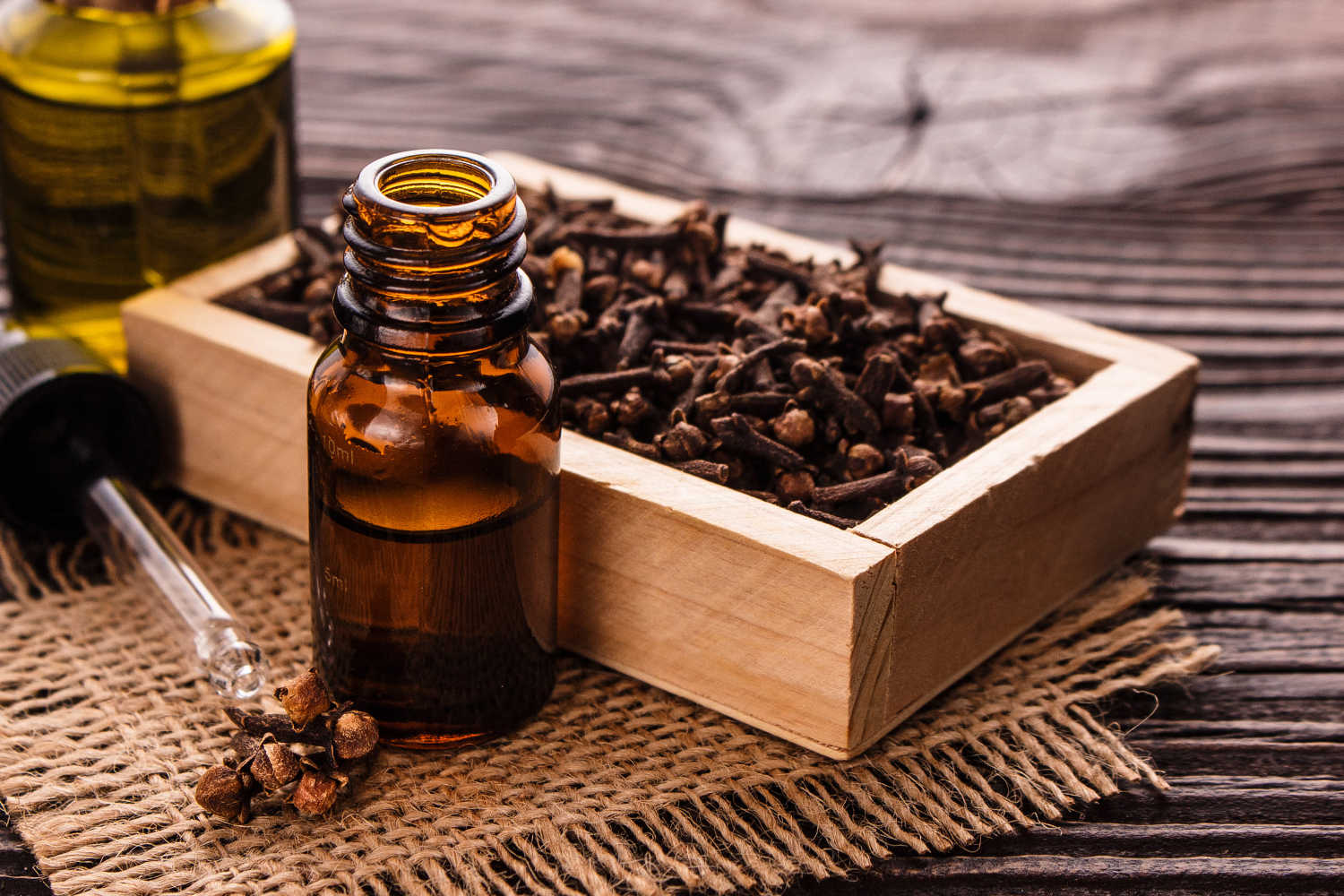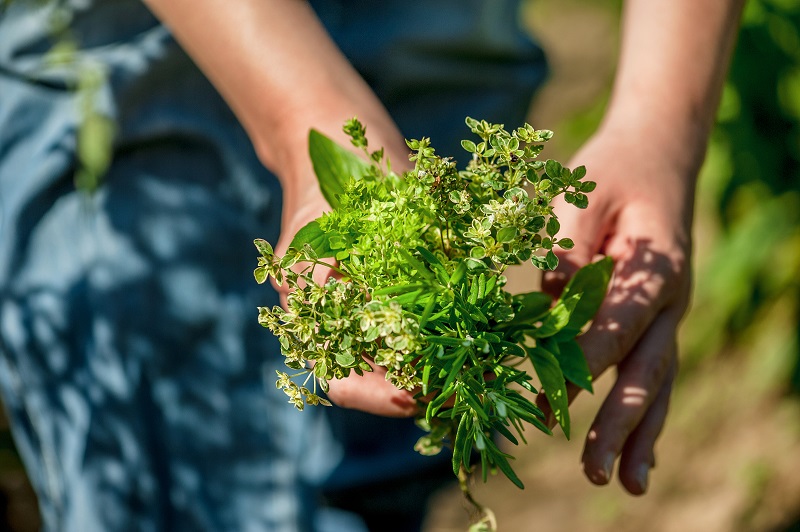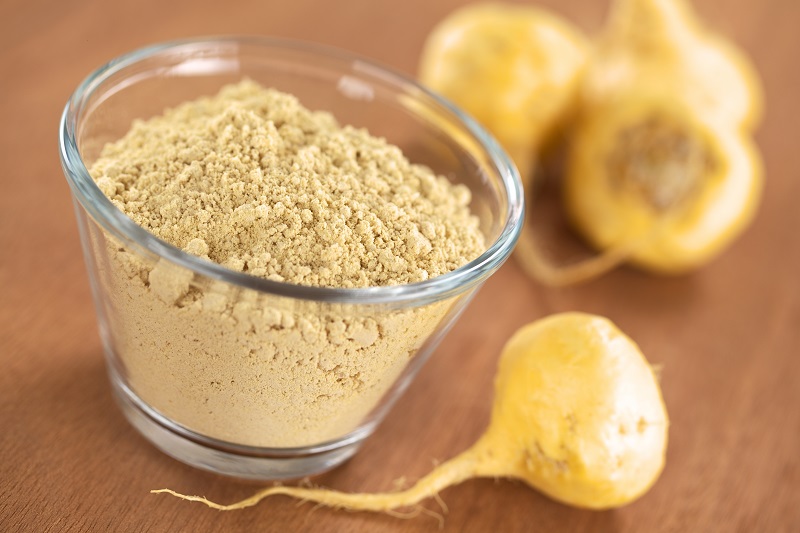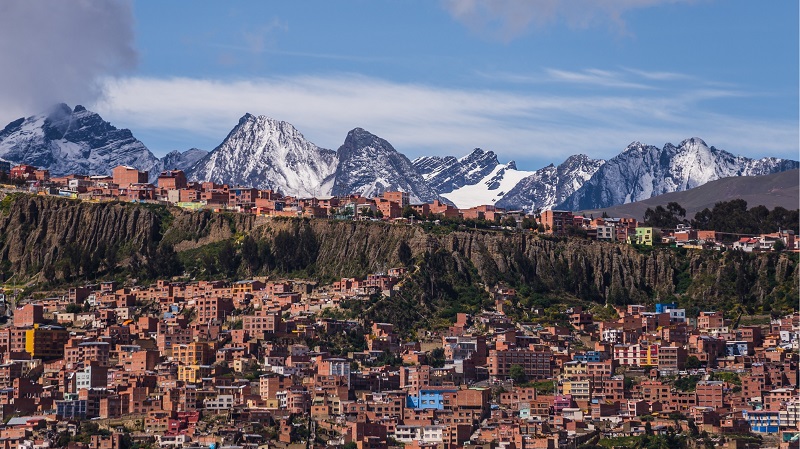Introduction
Cloves are a spice that humans have traded for centuries.1 In the United States, we associate cloves with fall and winter drinks and confections. Ironically, the plant is native to Indonesia, which is in a tropical zone. Currently, cloves grow in tropical countries worldwide.2 Today, cloves are a common spice in food, but humans used cloves in many ways over the centuries.
What’s that smell?
The smell of cloves comes from Eugenol, the active chemical compound.3 This smell is distinct and well-loved by humans. In fact, in the Han Dynasty, those who spoke to the Emperor were required to chew cloves first; while today, cloves and clove oil can be found in various kinds of toothpaste, cigarettes, and cosmetics.4 Many of us are familiar with the warm, comforting smell of cloves that can come from the kitchen. For one thing, many countries in Africa, Asia, and North America use cloves to give flavor to meats, fruits, and desserts.1
Usefulness of cloves
Humans haven’t used cloves just for the smell. Historically, cloves were used to alleviate toothaches and reduce fevers.1 Furthermore, though modern science hasn’t proven cloves to be an effective painkiller, it does have antimicrobial and antioxidant properties.2 Ultimately, perhaps it was these properties that helped perpetuate the use of cloves as a traditional medicine throughout the centuries, not just the lovely smells of curry or pumpkin pie.
Sources
1 – https://en.wikipedia.org/wiki/Clove
2 – World’s Top Exports of Chamomile (2019) | Observatory
3 – Chamomile (Matricaria recutita L.): An overview | PMC (PubMed Central)
4 – Clove: Uses, Side Effects, Interactions, Dosage, and Warning | WebMD







